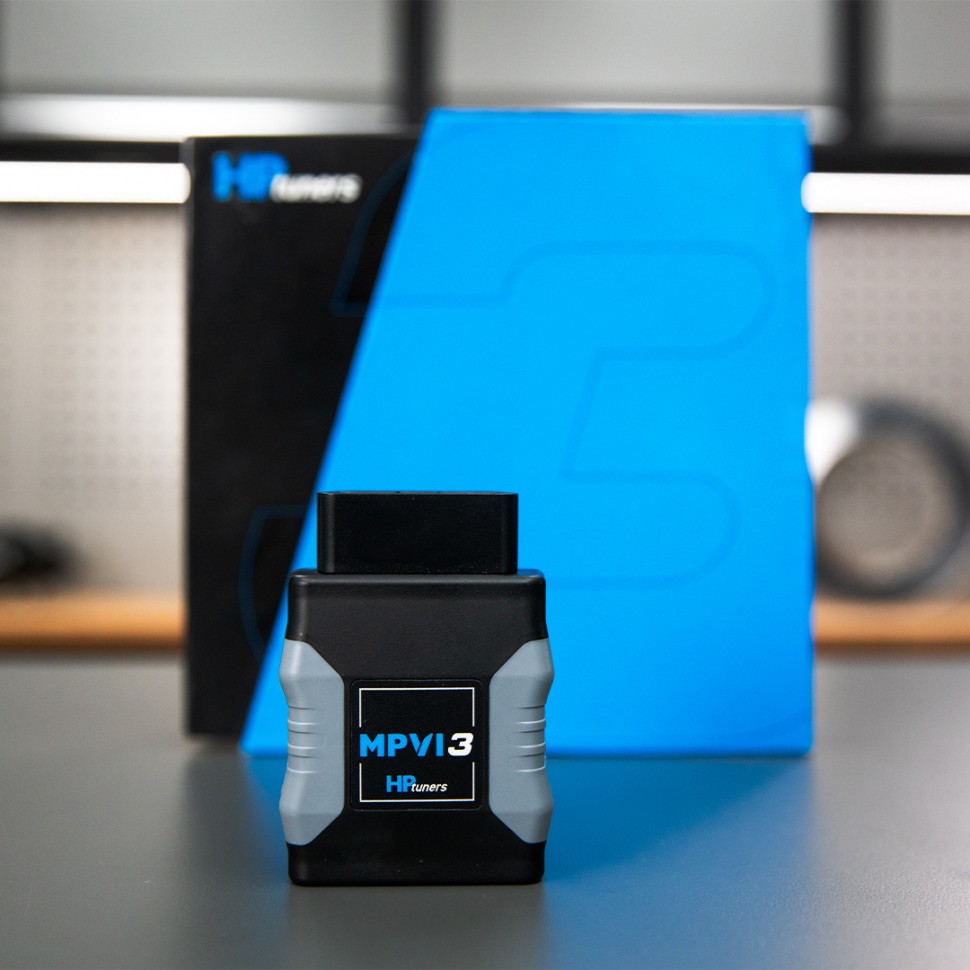| 00:00 |
- If you've got a crankshaft that's showing reasonable scoring or wear on the journal surfaces, there's a pretty good chance that this won't be able to be rectified by simply polishing the journals.
|
| 00:11 |
And in this case, your options will be either to replace the crankshaft with a new item, or have the crankshaft journals ground under size.
|
| 00:21 |
It's common for both OE and aftermarket bearing suppliers to offer engine bearings in a range of sizes that are suitable for crankshafts that are ground under size.
|
| 00:32 |
Essentially, the bearing shells are thicker to take up the extra space resulting from the journal being ground.
|
| 00:39 |
There's a lot of conflicting information about grinding crankshafts, and many people have the misconception that grinding a crankshaft will seriously weaken it.
|
| 00:49 |
In reality though, this is not a big consideration in my opinion, as the amount of material being removed is minor.
|
| 00:56 |
Typically, we'd be grinding the crankshaft by 10/1000 of an inch or quarter of a millimetre, and this has very little effect on the actual strength or integrity of the crankshaft.
|
| 01:09 |
Coincidentally, a crank journal that's ground by ten-thou or a quarter of a millimetre is referred to as being ground to first under, which is short for first under size.
|
| 01:20 |
It's possible to also grind the journals by twenty-thou or even more, depending on what bearings are available for your particular application.
|
| 01:30 |
Another consideration we do need to make, is that often the crankshaft will have been through a hardening process designed to improve the surface hardness of the journal surfaces and reduce wear.
|
| 01:42 |
As well as this, surface hardening also improves the fatigue life of the crankshaft.
|
| 01:48 |
These surface hardness treatments consist of induction hardening or nitriding, and the treatment is normally quite shallow.
|
| 01:57 |
Perhaps in the region of 5/1000 of an inch or 0.13 millimetres.
|
| 02:03 |
This means that when the journal is ground we may grind through the surface hardening.
|
| 02:09 |
This might sound like a serious issue, however in reality, it might not be as big a concern as you may think.
|
| 02:17 |
First of all, remember that the journal surface should not be contacting the bearings in any way.
|
| 02:23 |
And in normal use, we don't expect any metal-to-metal contact and the journal and the bearing are both protected and supported by a film of oil.
|
| 02:33 |
It is still however possible to end up with minor debris particles passing through the oil, and this can result in more wear to an unhardened surface then what we'd reasonably expect with a hardened crankshaft.
|
| 02:48 |
I've personally run crankshafts in my own drag engines that have been ground on both the big ends and the mains and still achieve good service life at power levels in excess of 1,000 wheel horsepower, and 11,000 RPM, so it's certainly achievable.
|
| 03:05 |
If your concerned about loosing the surface hardness of your crankshaft, most specialists' heat treatment services will be able to nitride your crankshaft after it's been ground, to re-harden it.
|
| 03:17 |
One of the biggest concerns with grinding a crankshaft is to ensure that the fillet radius between the journal and the counterweight is maintained and is smooth.
|
| 03:28 |
This is one of the most highly stressed areas of the crankshaft and is the place we normally find stress cracks will begin.
|
| 03:36 |
What we need here, is a smooth radius on the fillet, with no steps or sharp edges which can promote cracks forming.
|
| 03:45 |
If we do end up in a situation where the crankshaft needs to be ground on a particular journal, all of those journals will be ground.
|
| 03:53 |
For example, the machinist wouldn't grind one single big end journal under size, but leave the remainder at a standard size.
|
| 04:02 |
While technically possible, this would be inviting disaster.
|
| 04:05 |
If this was forgotten, the next time the engine was apart for a freshen up, and it was accidentally overlooked.
|





